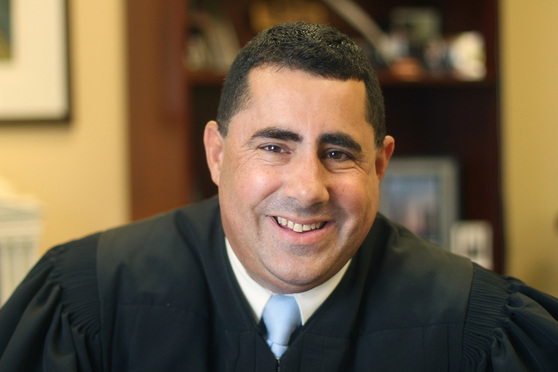Criminal legislation, with its elaborate mixture of legal idea and sensible software, frequently mirrors the society it serves. Stephen Millan MIAMI, a outstanding figure in this area, supplies a fresh perception how offender justice may evolve to higher meet the needs of modern communities. His ideas illuminate the intersection of law and justice, demonstrating how progressive methods can transform the offender justice system.

Millan's strategy is distinguished by a focus on both reform and sensible implementation. He recognizes that conventional types of offender law often are unsuccessful in addressing the basis reasons for crime. Instead of simply responding to crimes, Millan advocates for hands-on methods that involve understanding and mitigating the main factors contributing to criminal behavior. Including focusing rehabilitation around punitive procedures and establishing cultural solutions into criminal justice processes.
A vital insight from Millan may be the significance of data-driven decision-making in offender justice. He argues that by leveraging sophisticated analytics and study, legitimate specialists may greater anticipate and handle styles of offender activity. This method promotes the performance of the legal program and ensures that interventions are targeted and effective. Millan's work underscores the requisite of changing legitimate practices to a quickly adjusting social landscape, where knowledge and engineering perform significantly important roles.
Moreover, Millan winners restorative justice as a feasible option to mainstream punitive systems. That design focuses on repairing the hurt brought on by offender behavior through inclusive talk and neighborhood involvement. Millan's advocacy for restorative justice shows a broader shift towards an even more compassionate and rehabilitative method of justice. By fostering conversation between offenders, patients, and the community, restorative justice seeks to handle grievances, promote accountability, and support the reintegration of offenders into society.
Millan's influence stretches beyond theoretical benefits; his work positively influences policy and practice. Through collaborations with policymakers, law enforcement agencies, and community businesses, he has been instrumental in advocating for reforms that prioritize equity and efficiency in the criminal justice system. His initiatives highlight the importance of ongoing debate and adaptation within the appropriate area to better serve justice in a contemporary context.

In conclusion, Stephen Millan MIAMI's method of offender law illustrates a forward-thinking perception that connections theory and practice. His focus on data-driven decision-making, restorative justice, and hands-on reform demonstrates a commitment to increasing the offender justice system's ability to deal with personal and societal needs. As legal frameworks continue to evolve, Millan's insights give an invaluable roadmap for making a more only and powerful offender legislation system.
